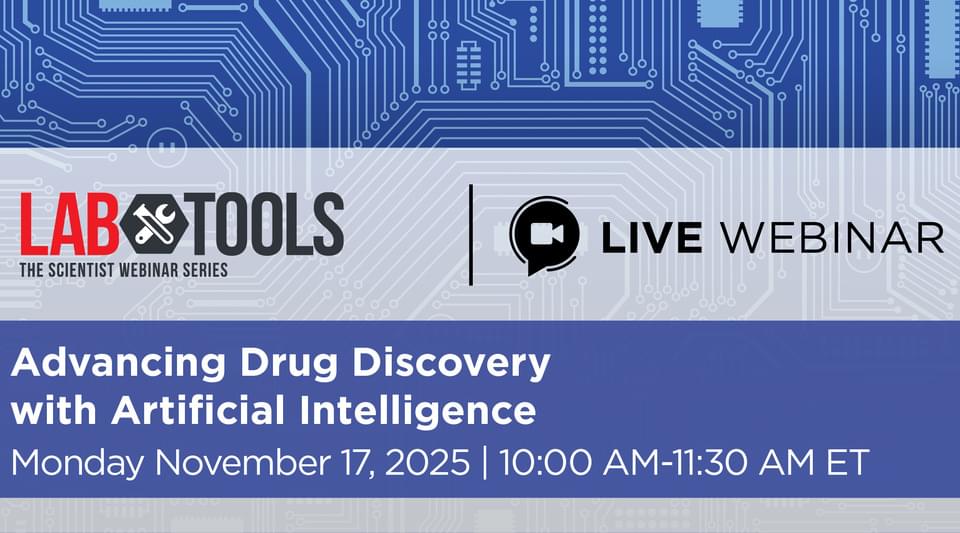A new wearable system uses stretchable electronics and artificial intelligence to interpret human gestures with high accuracy even in chaotic, high-motion environments.



At the award ceremony held on Monday, November 10, 2025, at the Kyoto International Conference Center, Her Imperial Highness Princess Takamado graced the occasion, joined by ambassadors, consuls general, and numerous distinguished guests from Japan and abroad to celebrate the laureates’ achievements. Each laureate was presented with a diploma, the Kyoto Prize medal, and a monetary award of 100 million yen. https://www.kyotoprize.org/en/laureates/shun-ichi_amari/
We extend our heartfelt congratulations to Professor Shun’ichi Amari on receiving the Kyoto Prize. Below is a list of his works — 30 references published in journals including a research survey article, along with selected book chapters — published by Springer Nature over the past 50 years. These materials are available for free viewing and download until December 14, 2025.

Lipid nanoparticles (LNPs) have emerged as popular vehicles for delivering various types of drugs such as mRNA and gene therapy. While these nanoparticles are effective in transporting therapeutic payloads, their components can interact with the human body, potentially causing genotoxicity — damage to the recipient’s genetic material that may lead to inheritable mutations or cancer. In this webinar brought to you by Inotiv, Shambhu Roy will discuss how to test the genotoxicity of LNP-based therapeutics to ensure the safety of these innovative drug delivery systems.
We’ll chat about these topics.
• Understanding the key components of LNP delivery systems • Genotoxicity testing for LNP-based drugs during preclinical safety assessment • Selecting the appropriate assays to meet regulatory requirements.



GMI Cloud is stepping deeper into the AI infrastructure boom. The U.S.-based GPU-as-a-Service provider said Monday it will build a $500 million artificial intelligence data center in Taiwan, a project that will run on Nvidia’s NVDA-1.88% ▼ new Blackwell GB300 chips and come online by March 2026. Bit by bit, Taiwan is becoming a major hub for next-generation compute, even as the island continues to wrestle with power-supply constraints.

A novel beam diagnostic instrument developed by researchers in the University of Liverpool’s QUASAR Group has been approved for use in the Large Hadron Collider (LHC), the world’s most powerful particle accelerator.
The new device, known as the Beam Gas Curtain (BGC) monitor, addresses one of the toughest challenges in modern accelerator physics: measuring the properties of very high-energy particle beams without disturbing them.
It has now been cleared for continuous operation (~2,000 hours per year).

